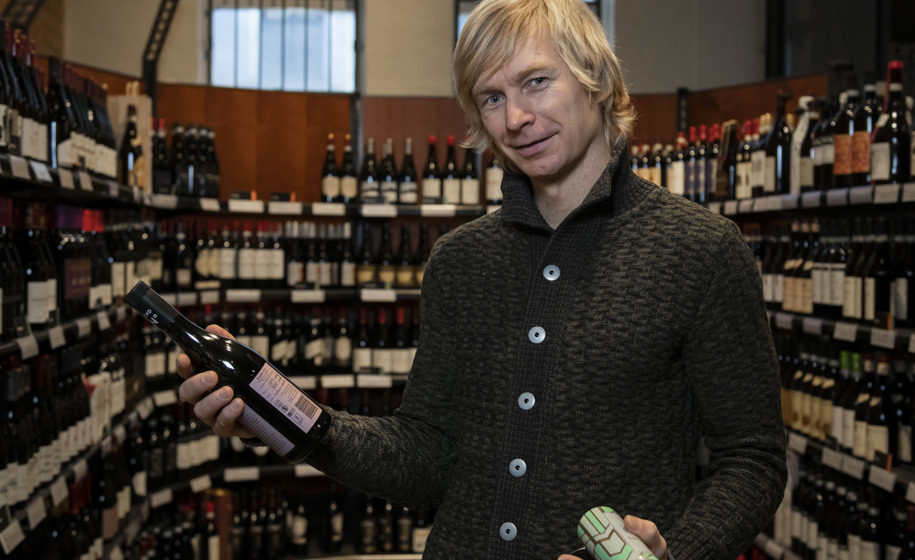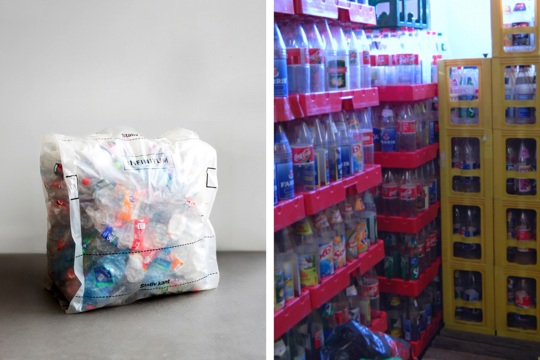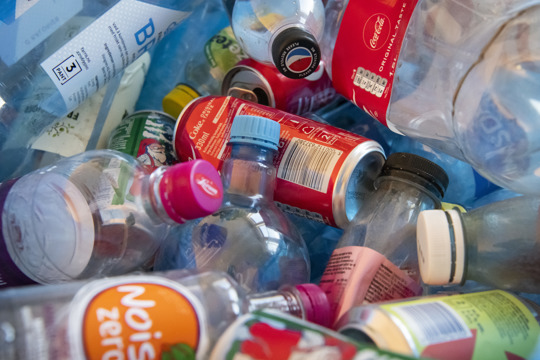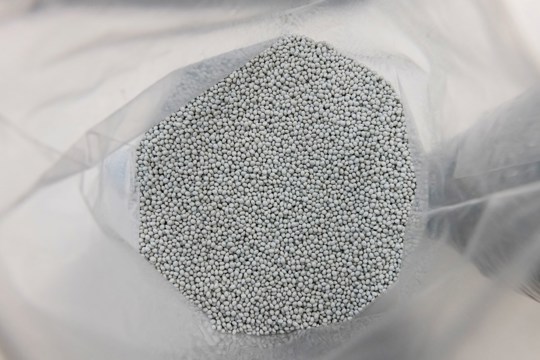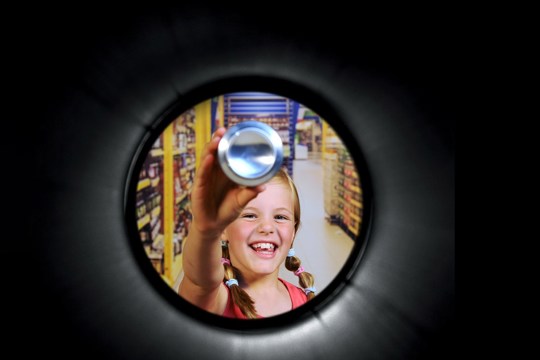Vinmonopolet has pledged to cut its carbon emissions by 40 per cent by 2030. Analyses performed in 2016 showed that the bulk of Vinmonopolet’s carbon footprint came from its products’ packaging.
“Packaging remains our primary focus,” says Eriksen. “While 5 per cent of the food retail sector’s climate footprint is linked to packaging, it accounts for 40 per cent of ours. Our products must come in lighter packaging, and that can happen in two ways. The weight of the glass bottles must be reduced, and more products must switch to lighter packaging materials – such as plastic bottles. That is why we are requesting lightweight packaging for all the products costing less than NOK 150 that we buy in.”
An obvious environmental winner
In 2019, Vinmonopolet introduced stricter environmental requirements for its suppliers. One of those requirements was that all new plastic bottles and aluminium cans in the retailer’s basic product range would have to be part of a deposit-return scheme.
According to Eriksen, Vinmonopolet’s suppliers initially had a lot of questions, and not all plastic bottle producers in Europe were able to meet this demand. “Now they have learned more and have taken the necessary steps. As a result, we are seeing more suppliers choose refundable plastic bottles even for products that have to be specially ordered, and that are therefore not covered by our basic requirement,” he says.
A packaging study commissioned in 2018 by Vinmonopolet in collaboration with the other Nordic monopoly wines and spirits retailers showed that the carbon emissions for wine in standard-weight glass bottles came to 675 g per litre. Since the deposit-return systems in each country are different, the joint Nordic study did not take account of the effect of plastic bottles being included in a deposit-return scheme. However, similar calculations for a 0.75 litre plastic bottle with a refundable deposit, which Vinmonopolet has carried out in conjunction with Infinitum, show carbon emissions of just 63 g per litre.
“Deposit-return plastic bottles are an obvious environmental winner. The impact of switching as much as possible over to returnable plastic bottles is immense,” says Vinmonopolet’s environment manager.
A magic little label
The use of recycled plastic material in new plastic bottles also has a significant environmental impact.
“Initially, we have focused on reducing the weight of our products’ packaging by switching to lighter glass or plastic. As the next step, we are working to promote the inclusion of a high percentage of recycled material in the plastic bottles. However, recycled material must be available in the market if we are going to demand it. It is also paradoxical that recycled plastic is more expensive than virgin plastic,” says Eriksen.
“We see that our customers are concerned about the environment and that the refundable deposit mark is a ‘magic little label’. When customers see the refundable deposit label, they know that the container is part of something circular, while bottles without the label make many people think about all the plastic littering the oceans. In 2021, we will work even harder to show on our shelves that the products carry a refundable deposit,” says Eriksen.

